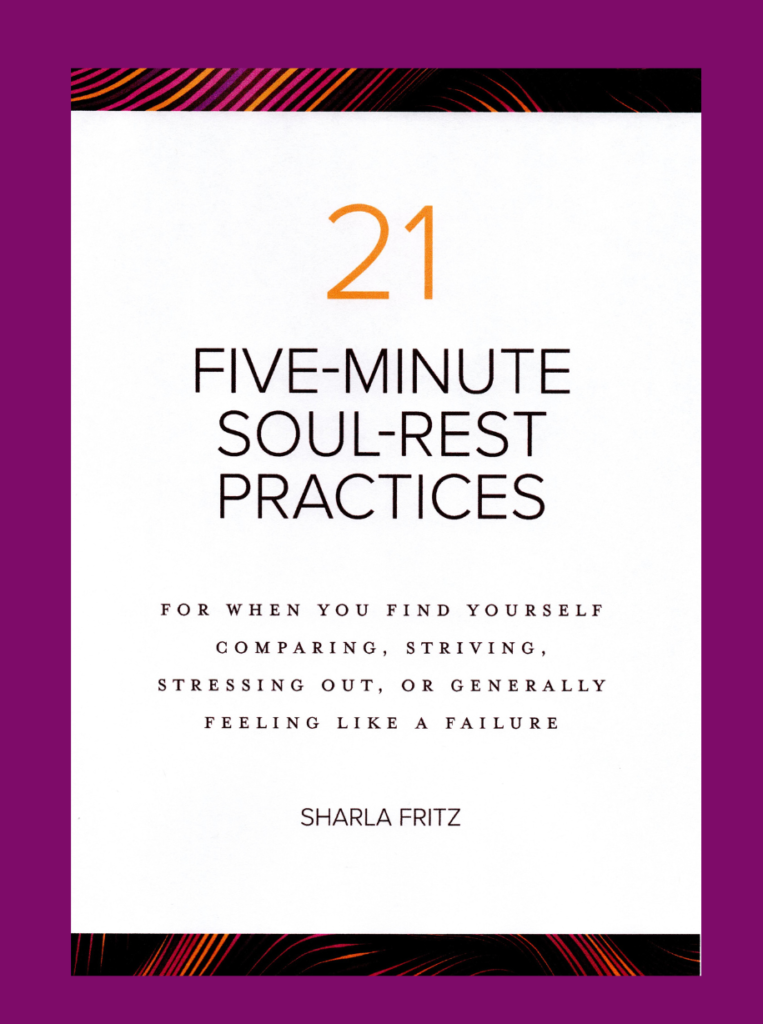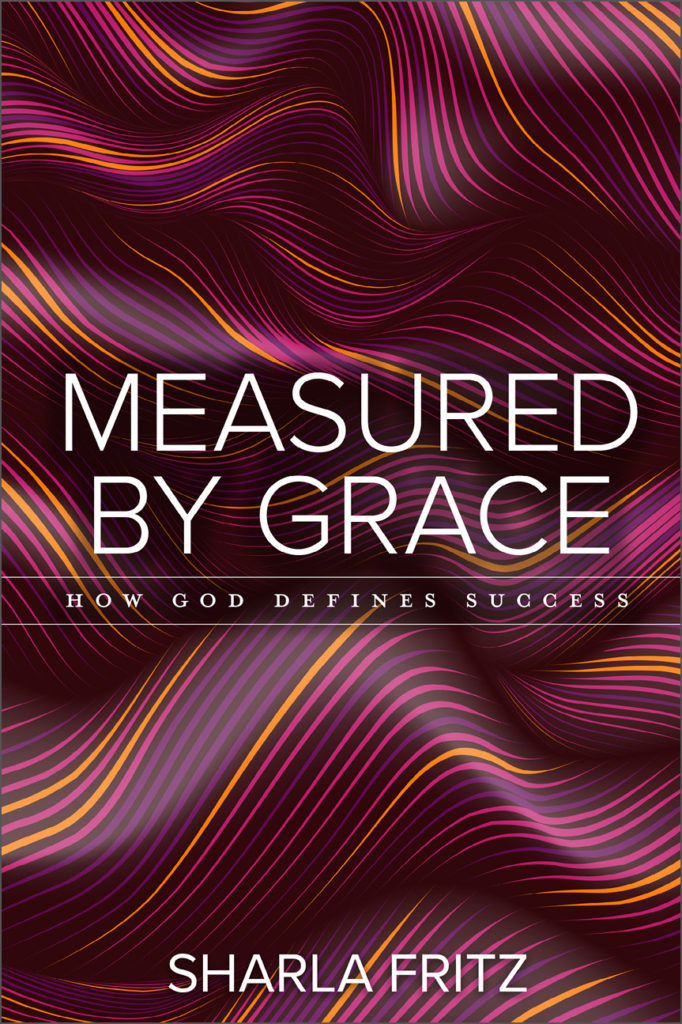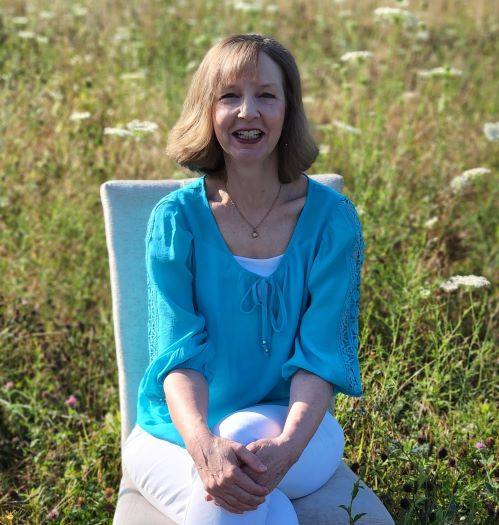
A holy longing.
I love that phrase.
There are a lot of things I long for: my family nearby, time with friends, a little more success, a new handbag, dark chocolate that has no calories. The list could go on and on.
I tend to beat myself up about this because the really disturbing thing is that even when one of my desires is met, I’m not immediately satisfied. Instead of sitting back and thinking–Now I have everything I want, all is well–I start wanting the next thing on my list.
Lately, I’ve been wondering what is wrong with me. After all, I’ve been a Christian a long time. I should have made a little more progress on this contentment thing.
Then I read this quote by Augustine:
The whole life of the good Christian is a holy longing.
Suddenly everything made sense. A good Christian will not be satisfied here on earth. In our hearts we will always be longing for more because we were made for more than this world. No matter how big our houses are, or how successful we are, or how much money we have in the bank, we will naturally want more. While all of those things can be good things, they won’t truly satisfy.

2 Corinthians 5:2 puts it this way:
“For in this tent we groan, longing to put on our heavenly dwelling.”
In this life we groan, because whatever we have now simply can’t be enough. We yearn for the time when we will be in heaven, perfected in holiness united with Christ.
Perhaps this is one of those unlikely truths in God’s kingdom, but when I realized that I won’t be satisfied while here on earth, I began to be more content.
To me, living with a holy longing means:
- I don’t have everything I want–but God has given me some amazing gifts–I can be thankful.
- I don’t have everything I desire–but I’m trusting that my Lord is leading me on an amazing adventure–I can watch in expectation for His plan.
- I don’t have everything I long for–but I know that someday I will–I can begin to hold my Savior’s hand with patience.
All my little wantings–all my silly desires for cute shoes and dazzling success–are actually a shadow of something deeper:
a holy longing.
Next step: How would you describe a holy longing? Contemplate on how living with a holy longing can help you be more content.

 Jen Pollock Michel is a writer, speaker, and mother of five. She is a regular contributor for Christianity Today’s her.meneutics and also writes for Today in the Word, a monthly devotional published by The Moody Bible Institute. Jen earned her B.A. in French from Wheaton College and her M.A. in Literature from Northwestern University. She lives in Toronto, Canada, with her family and blogs at jenpollockmichel.com. You can follow Jen on Twitter @jenpmichel.
Jen Pollock Michel is a writer, speaker, and mother of five. She is a regular contributor for Christianity Today’s her.meneutics and also writes for Today in the Word, a monthly devotional published by The Moody Bible Institute. Jen earned her B.A. in French from Wheaton College and her M.A. in Literature from Northwestern University. She lives in Toronto, Canada, with her family and blogs at jenpollockmichel.com. You can follow Jen on Twitter @jenpmichel.









Follow Me!